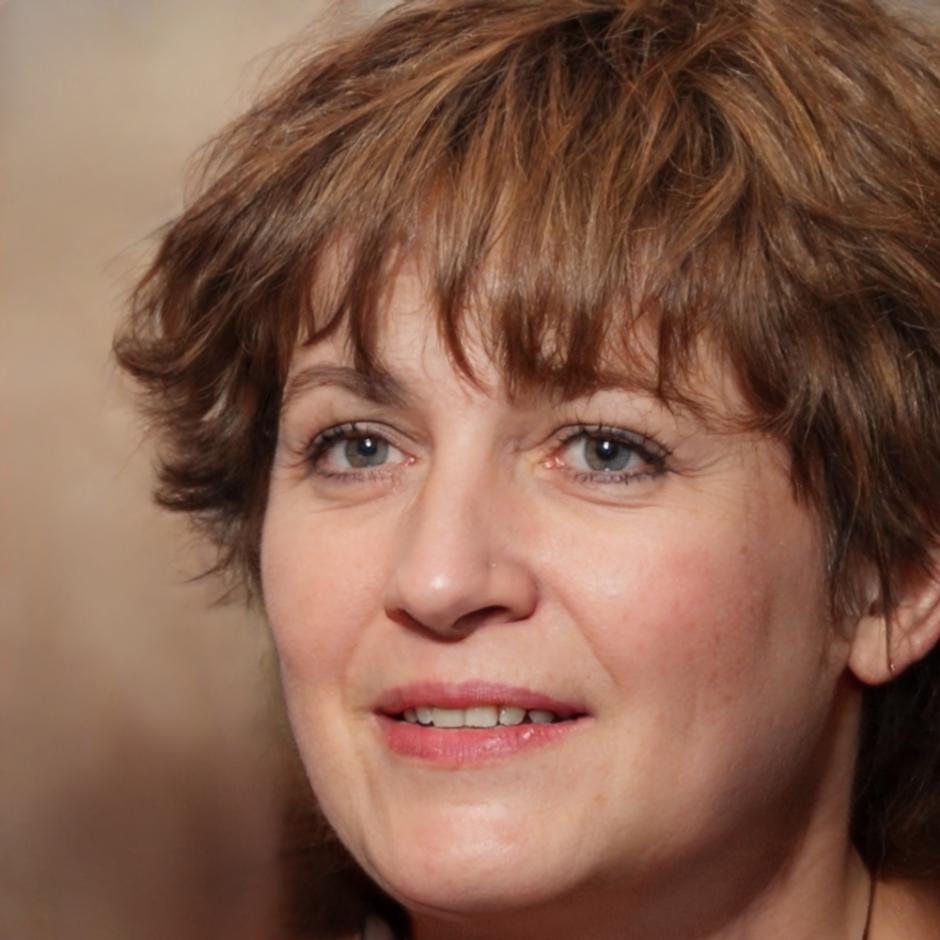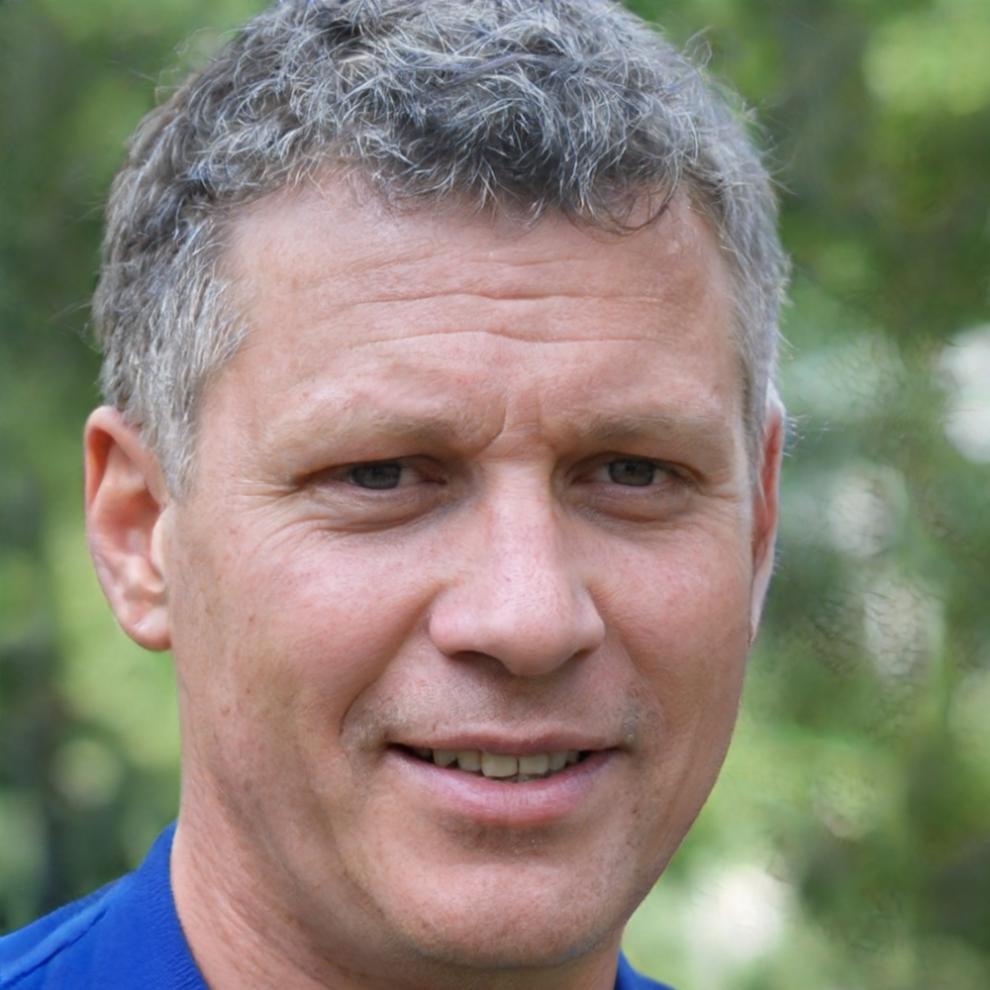Ann
Communication Skills Coach
When students at Focus-Bridgeon need help with annual budgeting, they often find themselves in Ann's classroom. Her approach? It’s a mix of structure and improvisation. She’ll lay out
clear frameworks for understanding expenses, revenue projections, and contingency planning, but if someone raises a question about, say, the psychology of spending during recessions,
she’ll pivot without missing a beat. Ann doesn’t just stick to pre-made slides or rigid lesson plans. She adjusts based on who’s in the room—recent grads, career changers, even the
occasional retiree exploring a new field. One week, she might focus on breaking down cash flow spreadsheets; the next, it’s a deep dive into real-world case studies brought in by her
practitioner network. Ann’s teaching style isn’t something she crafted overnight. It’s rooted in years of working with people from wildly different walks of life. She’s taught someone
who once managed a food truck, another who’d spent two decades in corporate sales, and a whole cohort of nonprofit workers trying to make sense of limited budgets. What’s fascinating
is how her students often say they leave her class thinking differently—not just about budgeting, but about learning itself. The way she nudges them to ask better questions or to turn
mistakes into tools—it sticks. Her classroom, by the way, isn’t some high-tech wonderland. It’s clean, minimal, with a whiteboard covered in half-erased diagrams and a stack of
dog-eared books in the corner. Once, during a session, someone noticed her coffee mug had a chip in it. "Budget-conscious," she joked, without breaking stride. That’s Ann.



